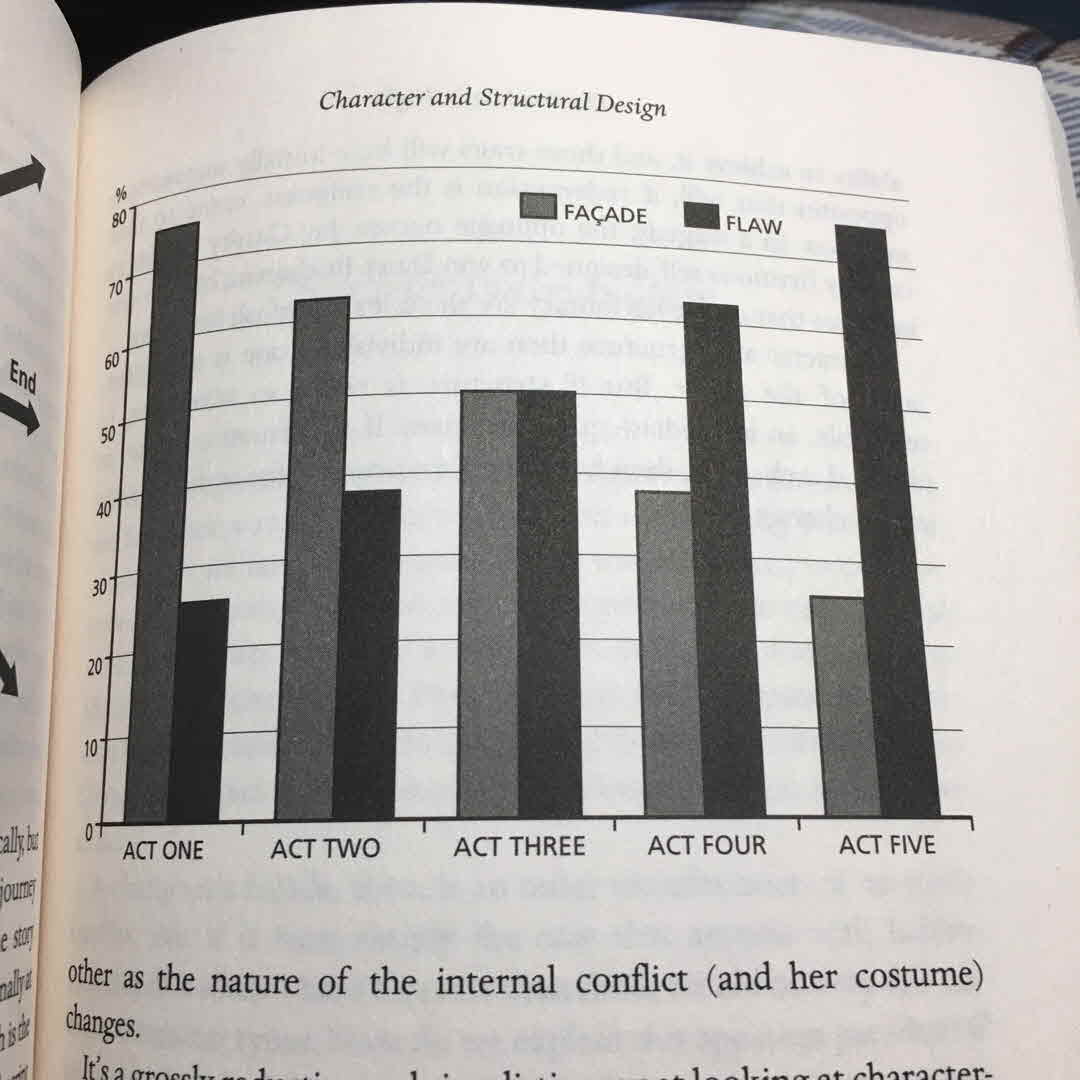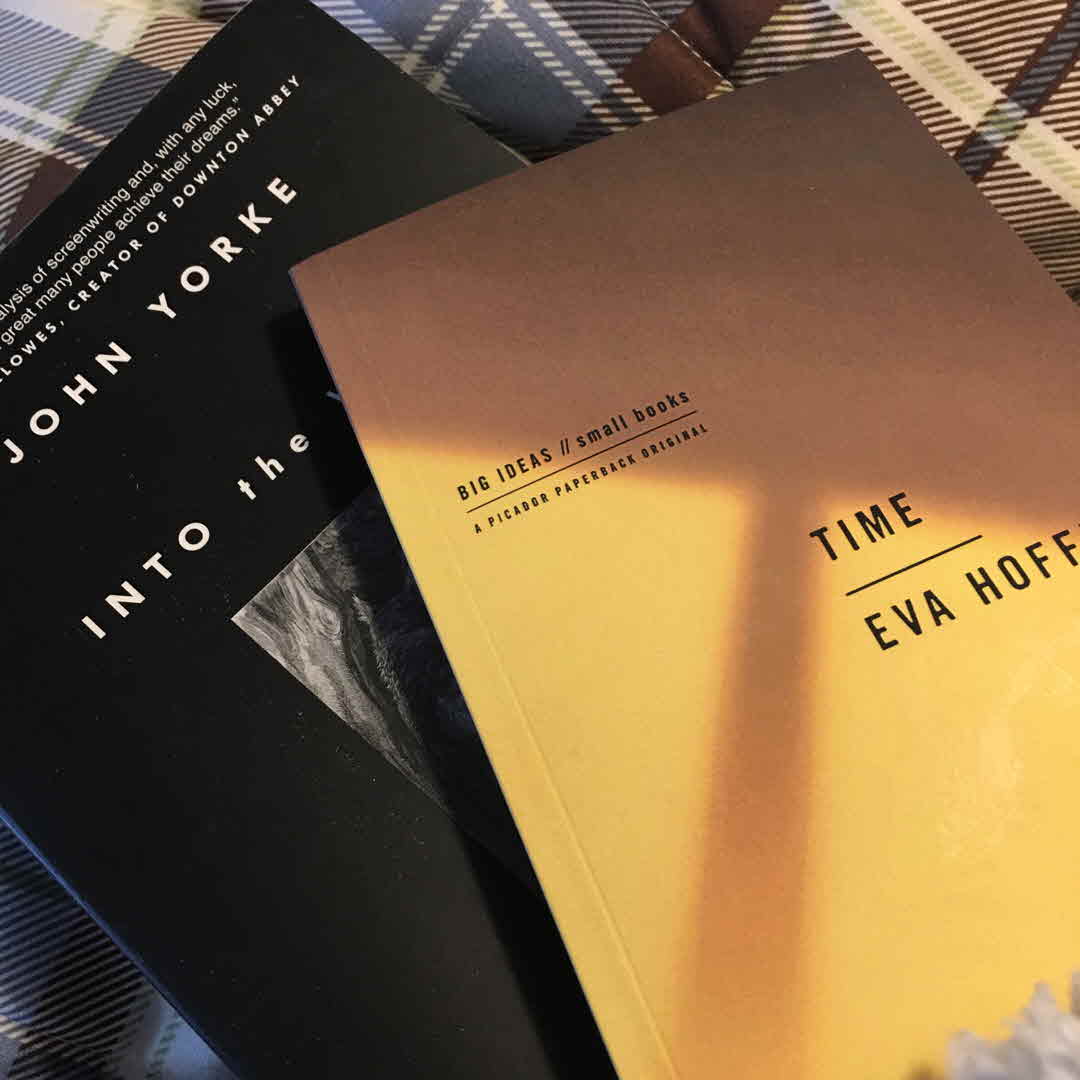
Because I need to write in it 🖊🖊🖊 and actually be able to 👀 the charts 😂

Because I need to write in it 🖊🖊🖊 and actually be able to 👀 the charts 😂

Book mail is the BEST mail 📚❤️📚💚 !
Also, this is the first time I‘ve ever been halfway through an ebook (tagged title) and realized I had to have the physical copy, too. Is that common or odd 😬?

Yorke gives the absolute best explanation/example of beats in a scene I‘ve ever read or heard. #writersoflitsy

I have read a lot of books about writing fiction. I own those by Christopher Booker and Sol Stein and John Gardner and James Wood and Margaret Atwood and Joyce Carol Oates and E. M. Forster etc., some forty titles in all. And I have learned something from nearly all of them, but never have I read a book that analyzes the essence of story—its structure and its psychological necessity—as well as Yorke‘s does. #writersofLitsy 📚❤️📚💚📚💙